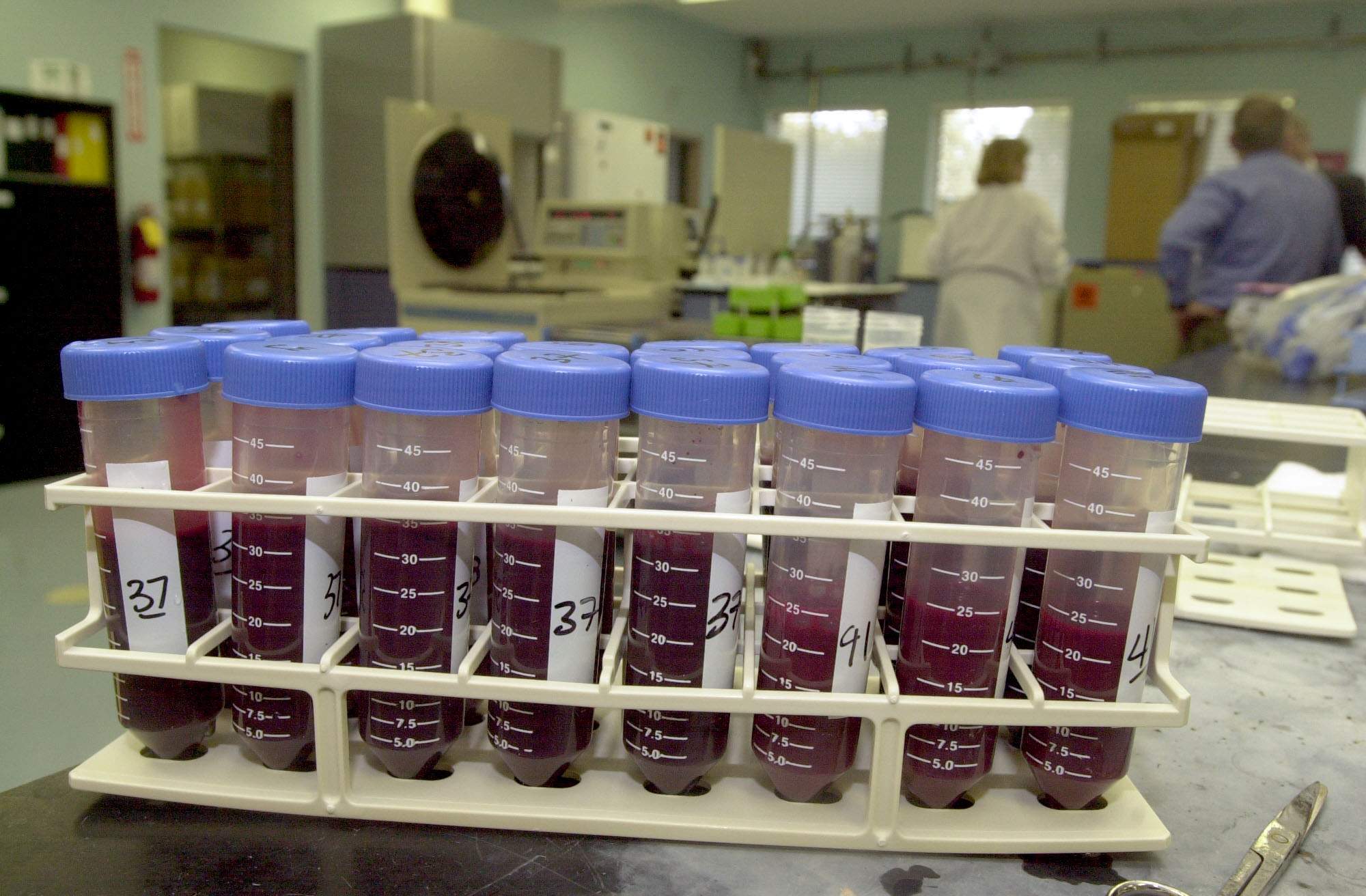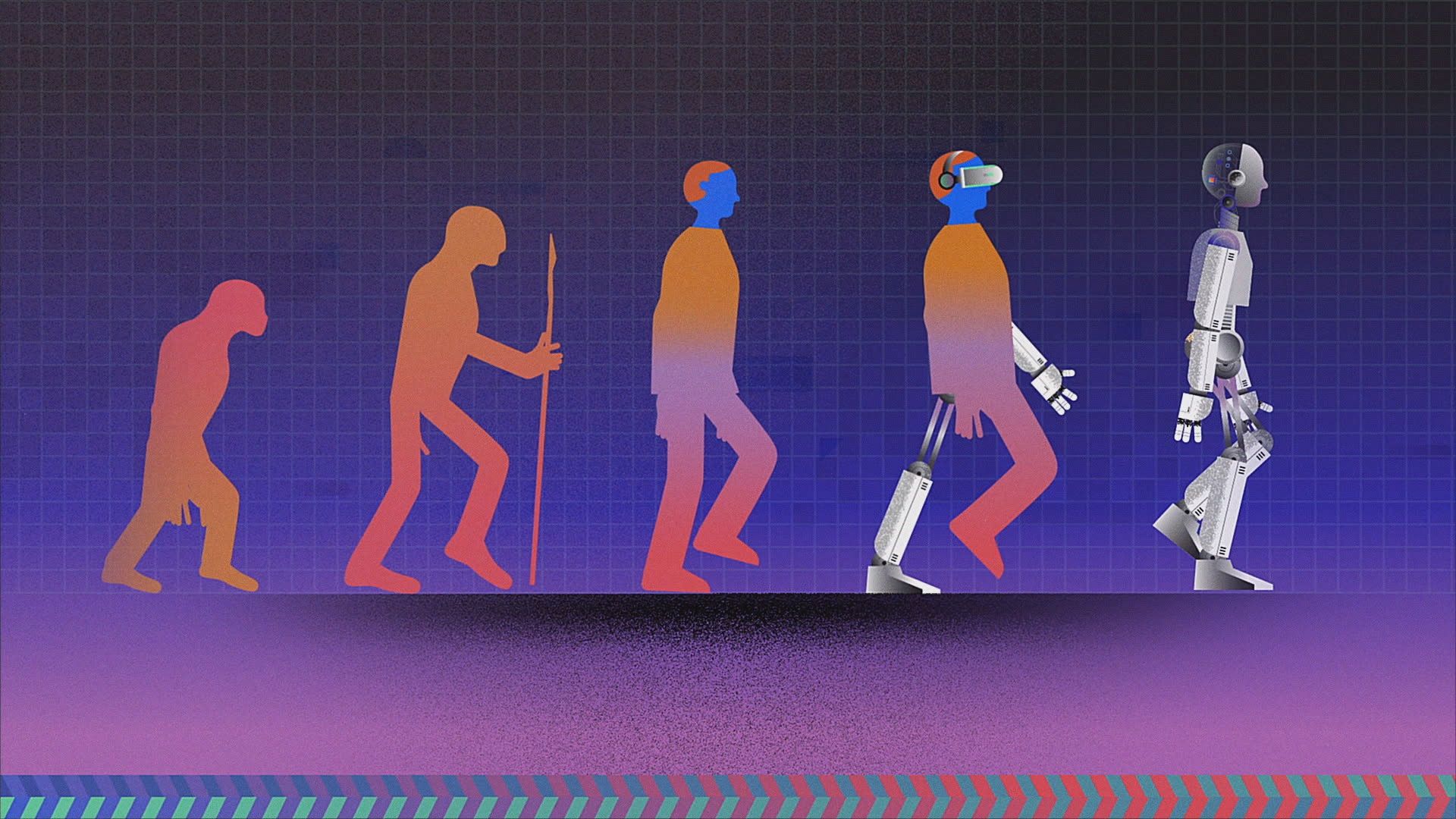http://www.blogtalkradio.com/entrepreneursempower/2018/06/03…ira-pastor



OLDSMAR Cryo-Cell International, the local company that was the first private cord bank to separate and store stem cells, has acquired a public cord blood bank company based in Orlando for $14 million.
Cryo-Cell announced the acquisition of CORD: USE on Monday. The sale propels Cyro-Cell into the public cord blood banking business. Cryo-Cell co-CEO David Portnoy said the purchase will raise revenues by about 20 percent.
Cryo-Cell was founded in 1989 and now holds the stem cells of more than 500,000 families from 87 countries, according to the company. CORD: USE has agreements with hospital across the country to receive donations from mothers of babies chord blood while also storing families stem cells.

Google ends Pentagon contract to develop AI for recognising people in drone videos after 4,000 employees signed an open letter saying that Google’s involvement is against the company’s “moral and ethical responsibility”.
Google will not seek another contract for its controversial work providing artificial intelligence to the U.S. Department of Defense for analyzing drone footage after its current contract expires.
Google Cloud CEO Diane Greene announced the decision at a meeting with employees Friday morning, three sources told Gizmodo. The current contract expires in 2019 and there will not be a follow-up contract, Greene said. The meeting, dubbed Weather Report, is a weekly update on Google Cloud’s business.
Google would not choose to pursue Maven today because the backlash has been terrible for the company, Greene said, adding that the decision was made at a time when Google was more aggressively pursuing military work. The company plans to unveil new ethical principles about its use of AI next week. A Google spokesperson did not immediately respond to questions about Greene’s comments.
I will be 85 somewhere in the mid 2050s. It seems like a mirage, an impossible thing, but the future eventually arrives regardless of whatever you or I might think about it. We all have a vision of what it is to be 85 today, informed by our interactions with elder family members, if nothing else. People at that age are greatly impacted by aging. They falter, their minds are often slowed. They are physically weak, in need of aid. Perhaps that is why we find it hard to put ourselves into that position; it isn’t a pleasant topic to think about. Four decades out into the future may as well be a science fiction novel, a far away land, a tale told to children, for all the influence it has on our present considerations. There is no weight to it.
When I am 85, there will have been next to no senescent cells in my body for going on thirty years. I bear only a small fraction of the inflammatory burden of older people of past generations. I paid for the products of companies descended from Oisin Biotechnologies and Unity Biotechnology, every few years wiping away the accumulation of senescent cells, each new approach more effective than the last. Eventually, I took one of the permanent gene therapy options, made possible by biochemical discrimination between short-term beneficial senescence and long-term harmful senescence, and then there was little need for ongoing treatments. Artificial DNA machinery floats in every cell, a backup for the normal mechanisms of apoptosis, triggered by lingering senescence.
When I am 85, the senolytic DNA machinery will be far from the only addition to my cells. I underwent a half dozen gene therapies over the years. I picked the most useful of the many more that were available, starting once the price fell into the affordable-but-painful range, after the initial frenzy of high-cost treatments subsided into business as usual. My cholesterol transport system is enhanced to attack atherosclerotic lesions, my muscle maintenance and neurogenesis operate at levels far above what was once a normal range for my age, and my mitochondria are both enhanced in operation and well-protected against damage by additional copies of mitochondrial genes backed up elsewhere in the cell. Some of these additions were rendered moot by later advances in medicine, but they get the job done.

Advances in Deep Neural Networks
The third and the most critical factor in AI research in the advancement in deep learning and artificial neural networks.
Artificial Neural Networks (ANN) are replacing traditional Machine Learning models to evolve precise and accurate models. Convolutional Neural Networks (CNN) brings the power of deep learning to computer vision. Some of the recent advancements in computer vision such as Single Shot Multibox Detector (SSD) and Generative Adversarial Networks (GAN) are revolutionizing image processing. For example, using some of these techniques, images and videos that are shot in low light and low resolution can be enhanced to HD quality. The ongoing research in computer vision will become the base for image processing in healthcare, defense, transportation and other domains.

Bloomberg Businessweek presents an exclusive premiere of the latest episode of “Hello World,” the tech-travel show hosted by journalist and best-selling author Ashlee Vance and watched by millions of people around the globe. There’s an AI revolution sweeping across the world. Yet few people know the real story about where this technology came from and why it suddenly took off. In this ground-breaking episode of “Hello World,” the story of AI’s rise is told in detail for the first time, as journalist Ashlee Vance heads to the unexpected birthplace of the technology, Canada. (Source: Bloomberg)

If you’re not learning, you’re missing out on earnings.
It’s easy to write off the Internet of Things (IoT) as a great technology solution looking for a problem; yet another acronym clogging up the hype cycle.
High-performance organizations, however, see IoT very differently. For them, IoT is already on the front line, where data and machine learning combine to power them exponentially ahead. When these organizations look at IoT, they don’t see a new technology to connect things. Instead, they see a business decision—and a better way to inform it.

But if robots kill weeds, who will spray Roundup on everything.
AI-powered weed hunters could soon reduce the need for herbicides and genetically modified crops.
How it’s done now: Current farming methods involve spraying large amounts of indiscriminate weed killer over fields full of crops that have been genetically tweaked (usually by the same company that makes the weed killer) to resist the chemicals. The pesticide and seed industry is enormous, worth $100 billion globally. Of that, herbicide sales alone account for $26 billion.
The future: Robots like the one created by ecoRobotix (shown above) will be able to roll through fields, using computer vision to target and spray individual weeds as they go. EcoRobotix claims its robo-brigade will decrease total herbicide use by a factor of 20. You might even be able to get a smaller Roomba-esque version for your home garden.
SpaceX is taking a commanding role in the rocket business — but Gwynne Shotwell, the company’s president and chief operating officer, expects the satellite business to be more lucrative.
Shotwell sized up SpaceX’s road ahead in a CNBC interview that aired today in connection with the cable network’s latest Disruptor 50 list. For the second year in a row, the space venture founded by billionaire Elon Musk leads the list.
